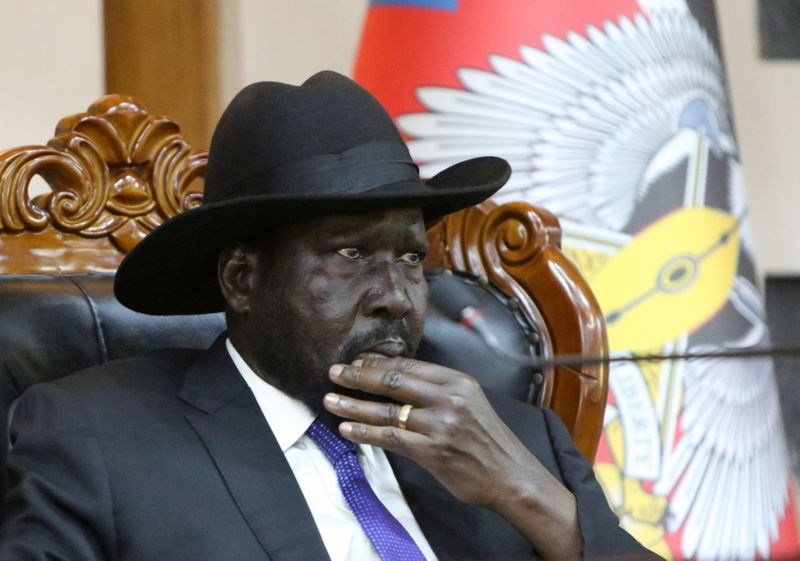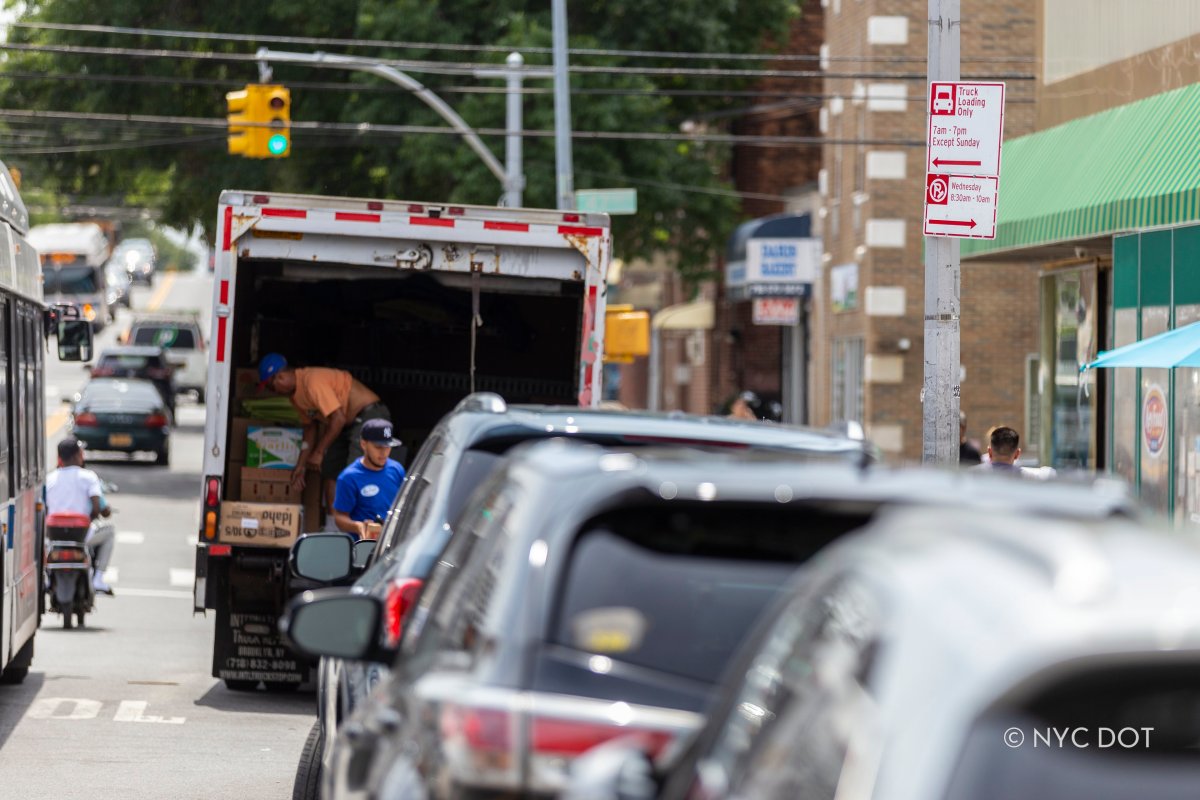JUBA (Reuters) -South Sudan’s two most powerful politicians gave assurances on Friday that they would not lead the country back into war as they marked its 10th birthday, and Pope Francis said he would visit if they did more to maintain a fragile peace.
Violence exploded in South Sudan in late 2013, two years after it seceded from Sudan, when President Salva Kiir, an ethnic Dinka, sacked vice president Riek Machar, from the rival Nuer group.
The two men have signed several deals to end a war that, fuelled by long-standing ethnic tensions, is estimated to have killed more than 400,000 people, finally forming a national unity government last year.
“I assure you that I will not return you back to war again,” Kiir said in an independence day speech. “Let us all work together to …put our country back to the path of development in this new decade.”
Kiir dissolved parliament in May, paving the way for an expanded and more inclusive legislature of 550 members.
In comments at a marathon race elsewhere in Juba, Machar said he and Kiir were shouldering high expectations.
“Our people expect a lot from us. The world is also expecting a lot from us…..For us to continue (independence) celebrations every time, we need to keep the peace alive,” Machar said.
Pope Francis told South Sudan’s leaders on Friday that they had to do more to establish peace and promised to visit the country where, according to U.N. reports, violence is still raging in some areas.
“Sadly, your people continue to live in fear and uncertainty,” Francis, who is recovering from intestinal surgery, said in a joint message with two other Christian leaders, Archbishop of Canterbury Justin Welby and Moderator of the Church of Scotland Jim Wallace.
Peace “may require personal sacrifice from you”, they added.
Kiir, Machar and other politicians of predominantly Christian South Sudan were hosted at a Vatican retreat in 2019, where Francis knelt at their feet as he urged them not to return to conflict.
(Reporting by Denis Dumo in Juba and Philip Pullella in Rome; writing by Omar Mohammed; editing by John Stonestreet)



















